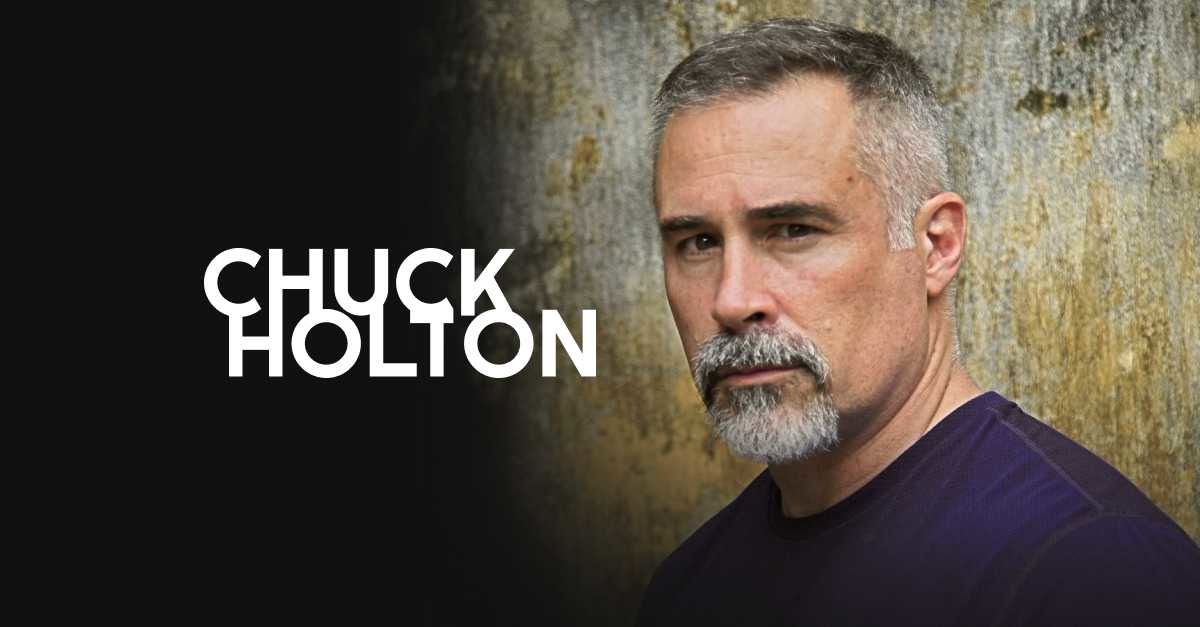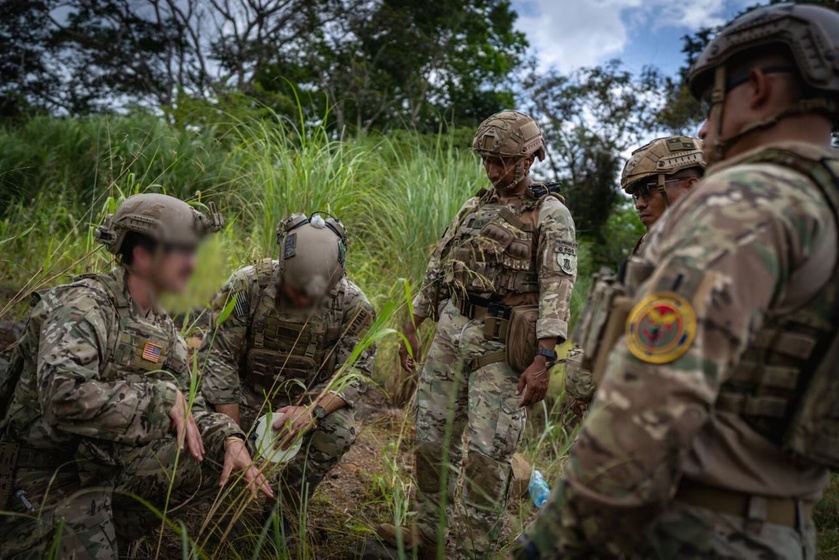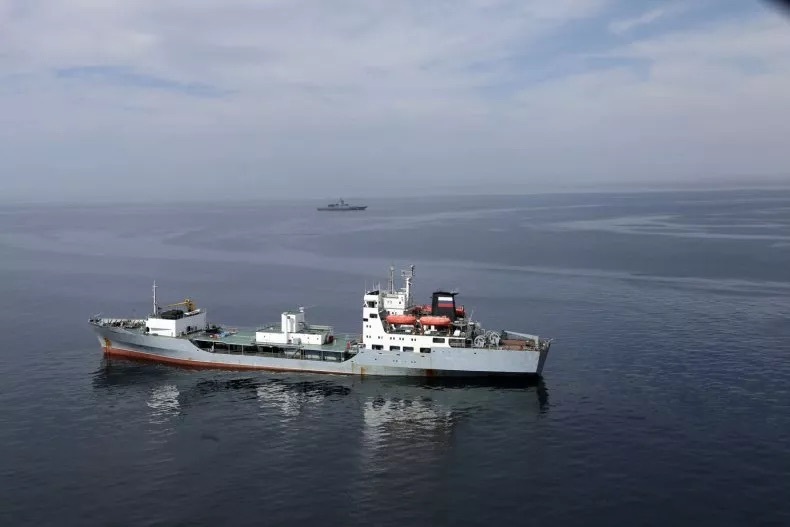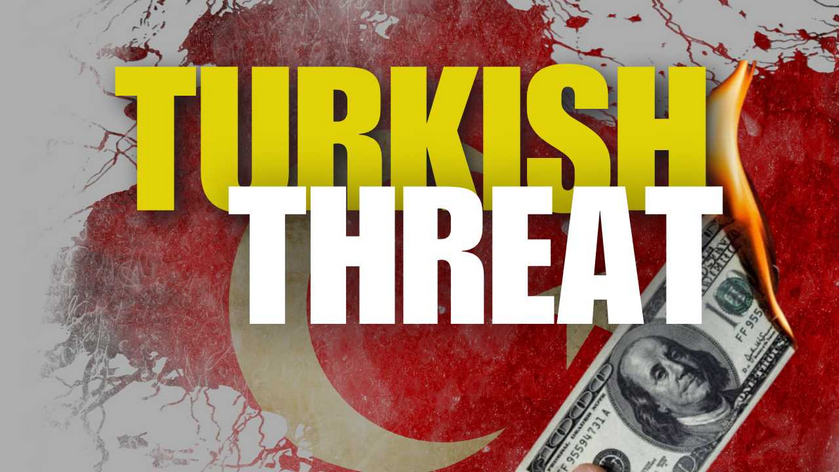In the wake of President Trump’s repeated calls to retake the Panama Canal, the United States and Panama have taken an important step in strengthening their long-standing security relationship. On February 18, 2025, officials from both nations held the first official U.S.-Panama Special Operations Forces (SOF) talks. These discussions were held alongside joint combined training exercises, reinforcing decades of cooperation and a shared commitment to regional stability.
According to Navy Rear Adm. Mark A. Schafer, commander of U.S. Special Operations Command South (Socsouth), the partnership reflects both nations’ dedication to addressing regional security challenges—from transnational crime and drug trafficking to disaster response.
“The work you do is not just critical to Panama but serves as a cornerstone for regional security,” Schafer told Panamanian officials during the talks.
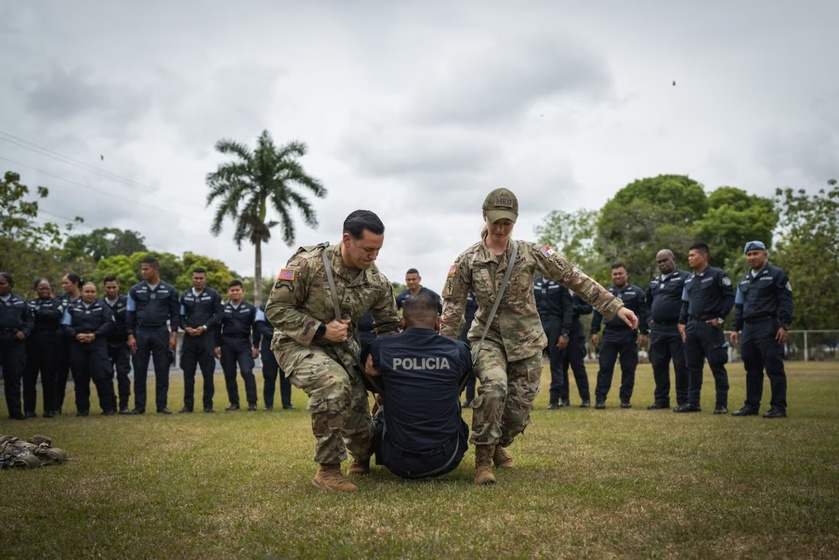
The recent U.S.-Panama Special Operations Forces talks and joint training might seem connected to President Trump’s renewed rhetoric about retaking the Panama Canal, but the reality is more nuanced.
Here’s what we can tell so far:
1. Officially, this is about strengthening regional security.
The SOF talks and training exercises fall under the long-running U.S. Special Operations Command South (Socsouth) mission to partner with Latin American countries on counter-narcotics, disaster response, and transnational threat mitigation. The public language focuses heavily on mutual cooperation, building partner capacity, and ensuring stability—particularly around key strategic areas like the Darién Gap and the Panama Canal.
2. The U.S. has had a continuous SOF presence in Panama for years.
This isn’t new. The U.S. never fully left Panama in terms of security cooperation. While the U.S. military officially pulled out in 1999 after handing over the Canal, special operations units have maintained training and advisory roles. This recent meeting simply formalizes and deepens that partnership.
3. Trump's statements may be political, not policy—at least for now.
President Trump’s calls to “retake the Panama Canal” have made headlines, but there’s no formal Department of Defense directive suggesting any move toward reclaiming control. His comments likely reflect concern about Chinese influence in Panama, especially given that Chinese firms manage several key port operations near the canal.
4. This agreement could be part of a broader strategic posture in Latin America.
Even if it isn’t explicitly about retaking the canal, the timing and optics matter. Formalizing SOF cooperation and boosting joint capabilities near the canal sends a clear signal: the U.S. is paying attention, investing in alliances, and ensuring the canal stays in friendly hands. It may be a subtle counter to foreign influence—especially from China—rather than a direct preparation for a military takeover.




